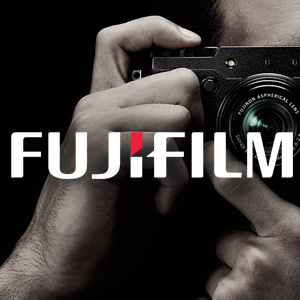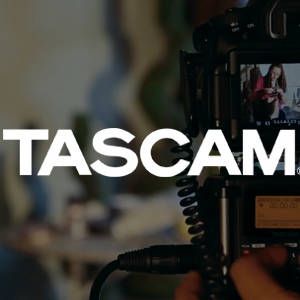Social Contests: The Good, The Bad and The Ugly.
Social contests are great marketing tactics when properly created and managed. The excitement of the potential prize at the end of the contest drives more traffic to your page and gets more eyes on your product.
Contests can also increase follower counts drastically in a short time, which gives you broader reach. But, there is a great deal to know before launching social contests januvia weight loss. Read on to determine if social contests are a good tactic for your brand.
The Good
Build Customer Engagement and Awareness
One especially powerful type of social contest leverages User Generated Content to create a connection with the consumer. Combining the drive to compete and the motivation to win a valued prize, these types of contests move consumers to promote your brand via the contest. This can come in the form of “Vote for My Entry” photo contests, for example, or by providing incentives to share the contest such as a “bonus entry” or “bonus votes for shares.”
These social contests are the digital equivalent of “word of mouth” marketing that can be elusive, but extremely effective for brands.
Social Contests Generate Leads
Social contests that have a minimal registration requirement, such as name and email, can also benefit your overall marketing communications strategy by generating qualified leads for your database. Brands are wise to use these entries for research to gain customer insights or to promote the product that the entrant was interested in winning through an exclusive promotional offer after the contest closes.
The Bad
Private Lotteries are Illegal
In the U.S. there are laws against running a private lottery. A lottery has three basic elements: prizes, winners chosen by chance, and consideration. Consideration is defined as providing anything that will be beneficial to the sponsor for a chance to win a prize. To avoid running an illegal lottery your contest must exclude one of these elements.
All contests need prizes, so that’s an obvious element that must be included.
Social contests should exclude the element of consideration. Your contest will still have prizes, but can be entered without charge to the participant. This is why “no purchase necessary” is the rule in nearly all contests.
Because a “like” and a “share” could be viewed as consideration since these benefit the sponsor, we recommend eliminating the element of chance. Instead, winners can be chosen based on a vote tally, or a skill or talent, e.g., photography, singing, story telling, humor, video, etc.
The Ugly
People Will Bend the Rules
If the prize value is high enough, you are certain to draw some tech-savvy entrants who are looking for a way to bend the rules. It’s crucial to clearly state the rules and conditions to prevent this type of behavior and spell out the consequences for violating the terms and conditions.
For example, many effective contests allow voting daily. This is a good tactic because it keeps motivated entrants returning to the contest, and makes the contest appear engaging and exciting to new entrants as well.
However, it is critical that everyone understands what this type of tactic can do if someone tries to game the system. And you should also be clear what you will do about it should this occur.
If you are highly concerned about rule breaking, you can restrict the entrants’ actions once they are in the contest. In such cases, one vote per entrant for the contest, in our example, would be the rule.
In the end, it’s a balancing act. You want the contest to appear fun, engaging and competitive, but not unwinnable, because that discourages entrants and defeats the purpose of the contest in the first place. You want contestants who are engaged in your brand and product.
Creating a social contest that hits it out of the park on all these levels is a strategic and tactical challenge that requires expertise. Wilder2 experts are experienced in navigating the good, the bad and the ugly to make social contests work for your brand.

















